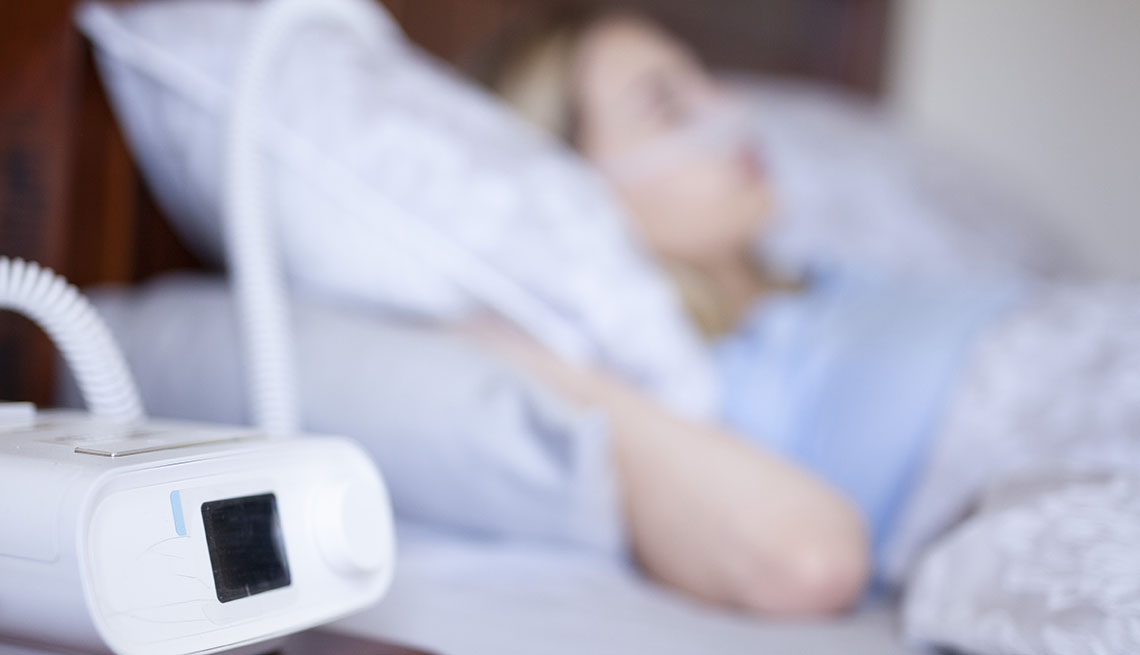
Philips recalls sleep ventilators, cpap apnea devices
- Select a language for the TTS:
- UK English Female
- UK English Male
- US English Female
- US English Male
- Australian Female
- Australian Male
- Language selected: (auto detect) - EN
Play all audios:

The recall affected an estimated 3 million to 4 million devices globally, based on the company’s production and shipment data. The devices were distributed from July 2009 to April 2021, and
over half of them were sold in the U.S. The majority of the recalled products are the first-generation DreamStation machines. DreamStation 2 devices are not affected. Philips is aware of
consumers finding black debris within the air-path tube and feeling sick. Potential risks from exposure to the foam include headache, irritation, inflammation, respiratory issues, and
possible toxic and carcinogenic effects. The specific Philips bi-level positive airway pressure (bi-level PAP), continuous positive airway pressure (CPAP) and mechanical ventilator devices
that were recalled are listed by the company here with steps for consumers to take. The company said that it sent letters to users with instructions for registering online to have affected
devices repaired or replaced. Anyone who didn’t receive a letter should call Philips at 877-907-7508. SLEEP APNEA IN OLDER ADULTS Sleep apnea is a common condition in the U.S. that occurs
when the upper airway becomes blocked during sleep, reducing or stopping airflow. The majority of those affected with sleep apnea remain undiagnosed. A mechanical device such as a CPAP
machine can be used to treat sleep apnea by pumping air through a tube into a mask worn by a person with sleep apnea. The risk for sleep apnea increases as you get older. Sleep apnea may
affect between 38 percent and 68 percent of people over 60, a study from the Centers for Disease Control and Prevention (CDC) found. According to the National Institutes of Health (NIH),
normal age-related changes in how the brain controls breathing during sleep partially explain the increased risk with age. Another reason may be that more fatty tissue builds up in the neck
and tongue as we get older. Other causes of sleep apnea include obesity, large tonsils, endocrine disorders, neuromuscular disorders, heart or kidney failure, genetics, and premature birth.
LIST OF RECALLED PHILIPS CPAP MACHINES, VENTILATORS * E30 (Emergency Use Authorization) * DreamStation ASV * DreamStation ST, AVAPS * SystemOne ASV4 * C Series ASV, S/T, AVAPS * OmniLab
Advanced Plus In-Lab Titration Device * SystemOne (Q series) * DreamStation CPAP, Auto CPAP, BiPAP * DreamStation GO CPAP, APAP * Dorma 400, 500 CPAP * REMStar SE Auto CPAP * Trilogy 100
Ventilator * Trilogy 200 Ventilator * Garbin Plus, Aeris, LifeVent Ventilator * A-Series BiPAP V30 Auto Ventilator _Source: Philips_ _Editor’s note: This article, originally published June
15, 2021, has been updated to reflect the FDA’s recall classification and complaints received._ _Aaron Kassraie writes about issues important to military veterans and their families for
AARP. He also serves as a general assignment reporter. Kassraie previously covered U.S. foreign policy as a correspondent for the Kuwait News Agency's Washington bureau and worked in
news gathering for _USA Today_ and Al Jazeera English._
